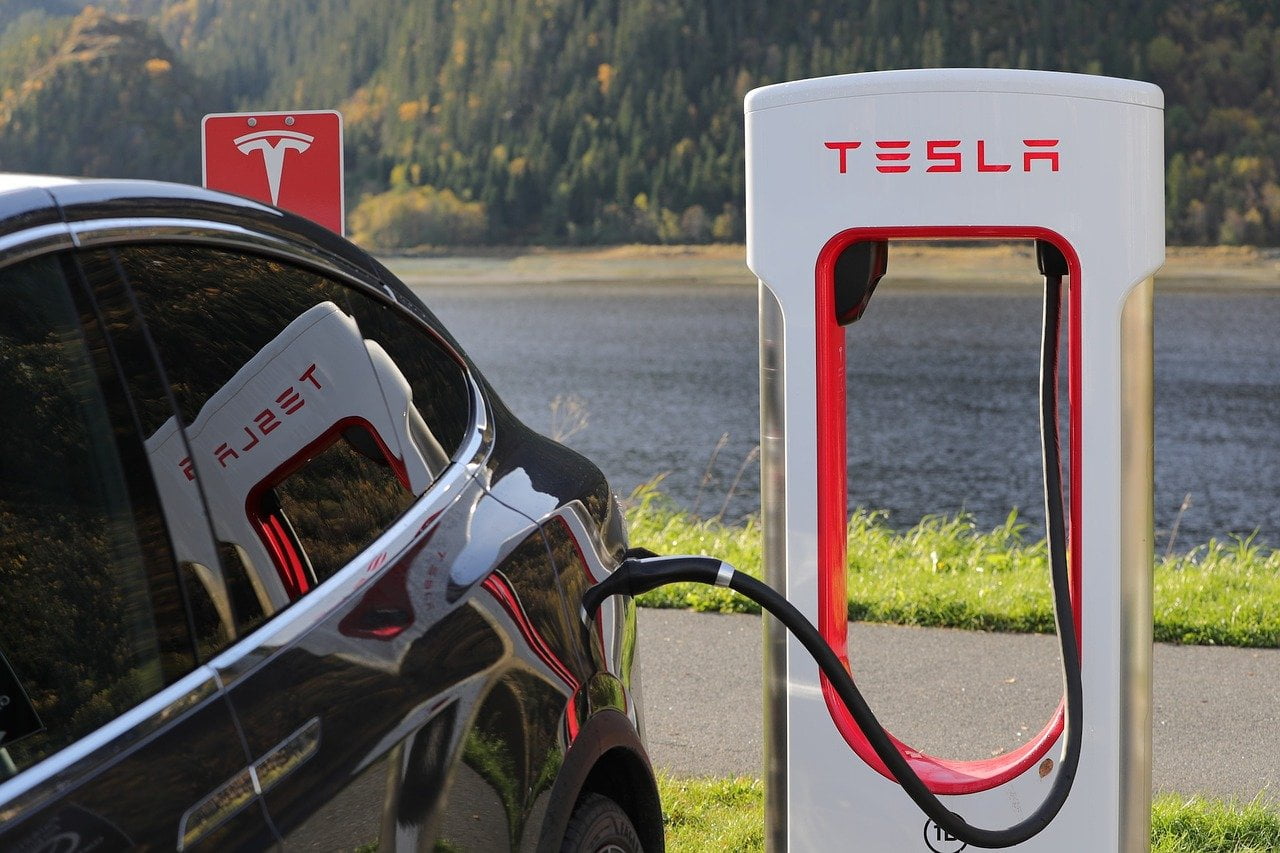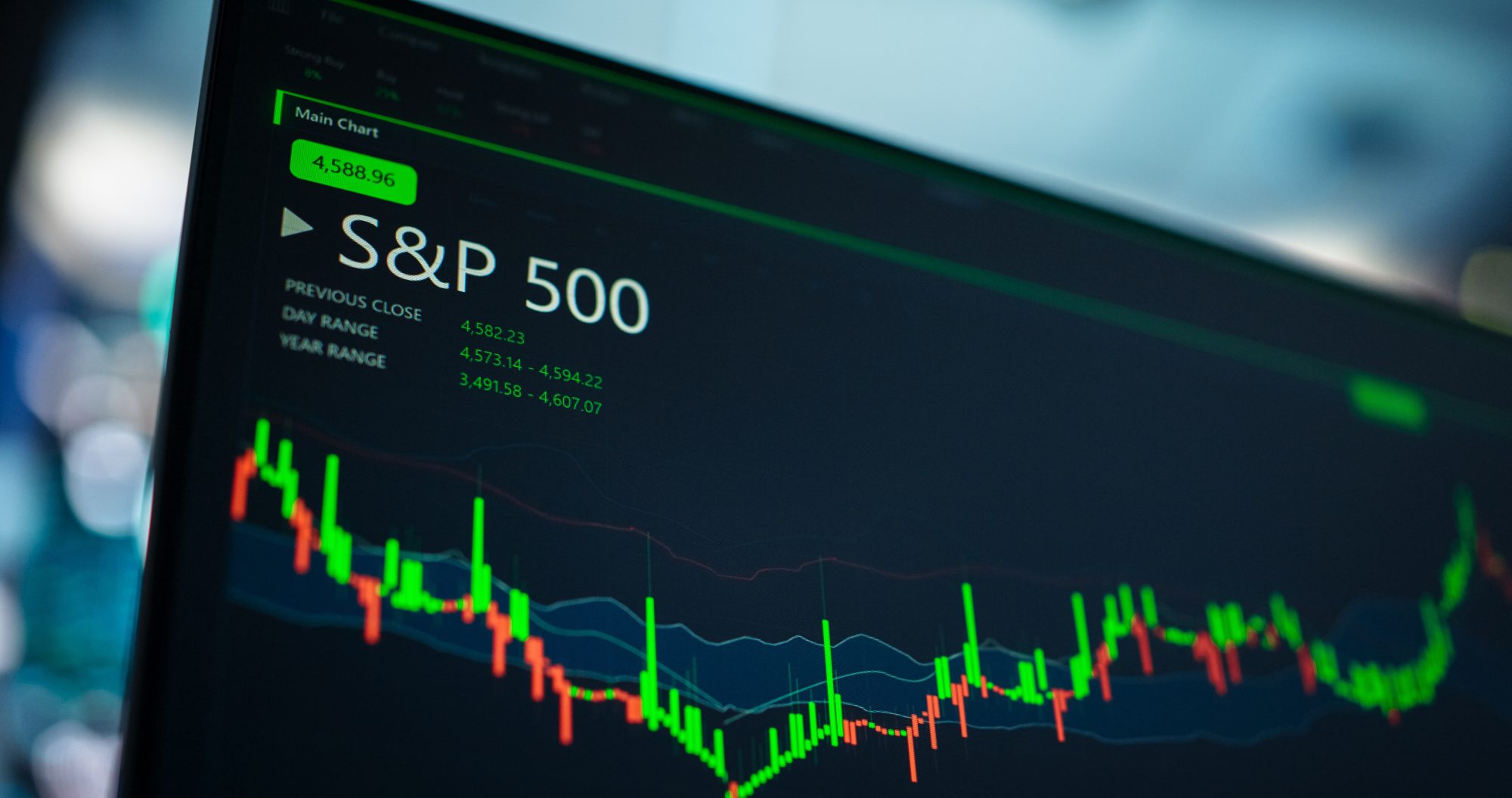Whitney Tilson’s email to investors discussing that cars make a COVID comeback; auto shortages leading to skyrocketing car prices; Tesla Inc (NASDAQ:TSLA) is a vulnerable stock.
Q1 2021 hedge fund letters, conferences and more
Cars Make A Covid Comeback
The boom is disrupting supply chains and causing shortages across numerous industries. One of the largest is autos, where demand is soaring, as this Bloomberg article notes: Cars Make a Covid Comeback, and That Means Burning More Oil. Excerpt:
After being stuck in their homes for so long, people are itching to get out again. It's a boon to newly reopening economies, with consumers ready to start spending more at gas stations, convenience stores, restaurants, hotels and attractions. Daimler, BMW, and Toyota Motor (TM) all started the year with sales at records, and things are so hot that used car prices in the U.S. are soaring to all-time highs.
The jump in vehicle sales is a strong sign that this is more than just a passing fad. Like the ubiquitous face mask, the car renaissance could be the latest example of how COVID-19 makes a lasting impact on our lives. The change could usher in an era of heavier traffic jams and longer commutes. All the extra driving will send gasoline consumption soaring, but with that also comes a rise in pollution. The increase in gasoline use that the International Energy Agency projects for this year alone would add as much as 1.5 billion pounds of carbon emissions per day.
Rising demand for cars is a major contributor to the white-hot economy, as this New York Times article highlights: Auto sales helped get the American economy off to a good start in 2021. Excerpt:
In the first months of 2021, what was good for the auto industry was decidedly good for the American economy.
Spending on motor vehicles and parts rose almost 13 percent in the first quarter, making a big contribution to the increase in gross domestic product, the Commerce Department reported Thursday. Strong sales of new and used vehicles were propelled by consumers who had delayed purchases earlier in the pandemic and by others who – because of the virus – wanted to rely less on public transit or shared transportation services like Uber (UBER).
Auto Sales In The U.S.
A friend who's an expert in the car industry recently sent me his take on auto sales in the U.S. and gave me permission to share it:
Thanks to the government's enormous stimulus, both fiscal and monetary, demand for new cars is robust. If an automaker has cars available to sell, they sell:
Here are Q1 U.S. sales numbers, year over year:
- Kia – up 16%
- Hyundai – up 28%
- Toyota – up 20%
- Lexus – up 32%
- Volvo – up 40%
- Buick – up 35%
- Cadillac – up 23%
- GMC – up 10%
- Jeep – up 8%
- RAM – up 16%
- Chrysler – up 32%
- Alfa Romeo – up 25%
- Honda – up 14%
- Acura – up 33%
- Subaru – up 23%
- BMW – up 20%
- Volkswagen – up 21%
- Audi – up 33%
- Tesla – up 25%
I could go on, but you get the point: The entire industry had a huge Q1 in the U.S. market, with sales increases, rarely, if ever, seen before.
That brings me to my second point, however. I regularly visit a wide range of car dealers and, compared to a month or so ago, dealer lots today are EMPTY. Inventories are down by something like 70% or even 80%. Some dealers used to have 250 cars in stock and now they have just 20. As a result of such low inventory, their sales have fallen dramatically just over the last 30 days.
Why has this happened?
By the end of last year, most automakers had recovered from the supply disruptions that took place when the pandemic hit in Q2 2020. But now the shortages of semiconductors – and other components – are starving the industry, resulting in factory shutdowns, limited production, and low inventories.
Global Chip Shortage Set to Worsen for Car Makers
And, as this Wall Street Journal article notes, it doesn't look to get better anytime soon: Global Chip Shortage Set to Worsen for Car Makers.
For instance, when Ford reported Q1 financial results last week, it said it will produce 1.1 million fewer cars and truck this year due to the semiconductor shortage:
- 200,000 in Q1
- 700,000 this quarter – half the normal amount
- 200,000 in the second half of this year
Every automaker is going to be affected, as this WSJ article notes (Car Companies' Profits Have Outrun the Chip Shortage – but Not for Long), but the one with the most vulnerable stock is Tesla (TSLA), given its extreme overvaluation.
Offsetting this for the entire industry, however, is that car prices are skyrocketing and discounts are all but gone.













